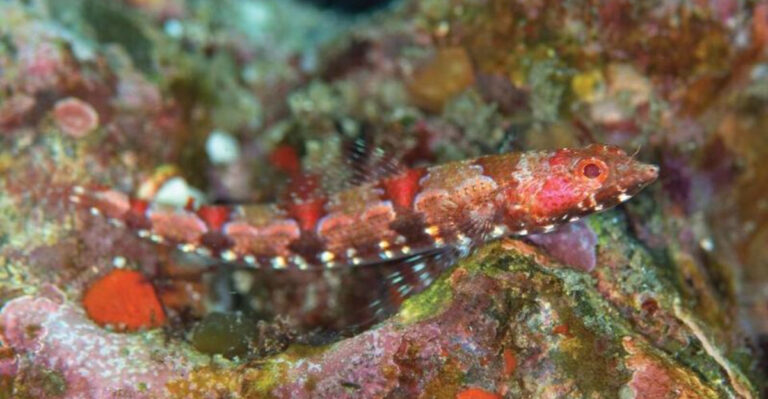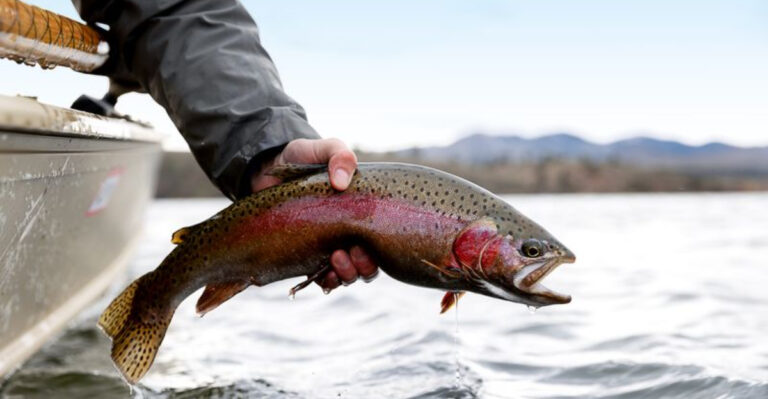15 Key Facts About Sharks’ Role In The Ocean Ecosystem
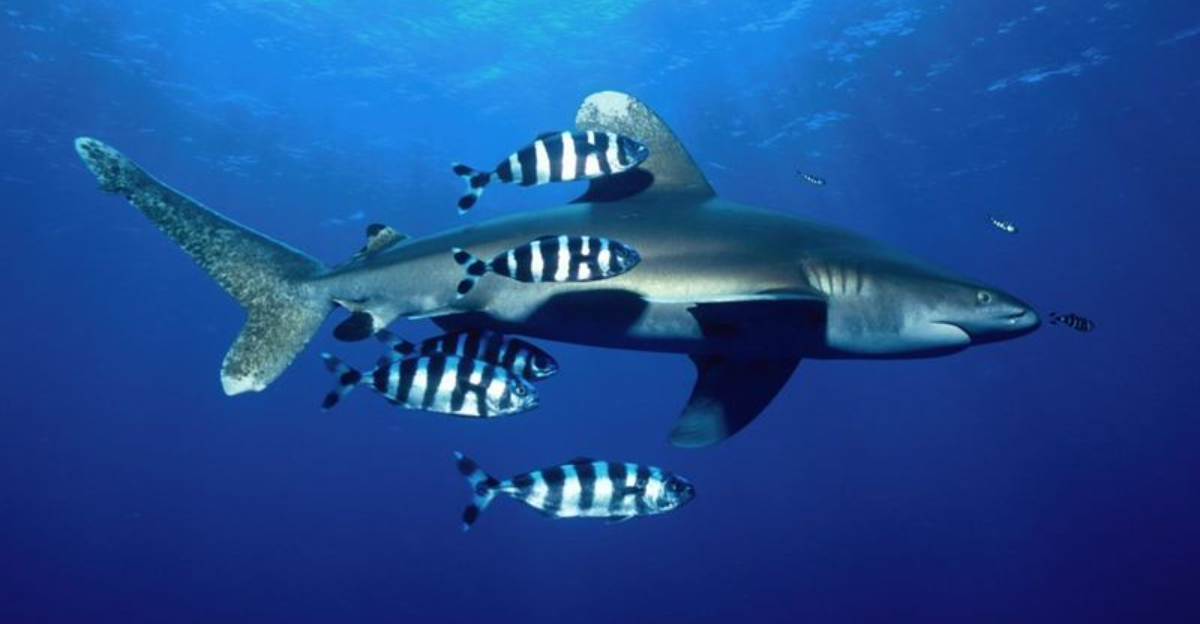
Sharks are often misunderstood as mere predatory creatures, but they’re vital players in maintaining the health of our oceans. These fascinating animals keep marine ecosystems balanced and thriving.
Let’s dive into some intriguing, lesser-known facts about how sharks contribute to the ocean’s complex web of life. Ready to explore the underwater world of these amazing creatures?
1. Shark’s Smooth Skin
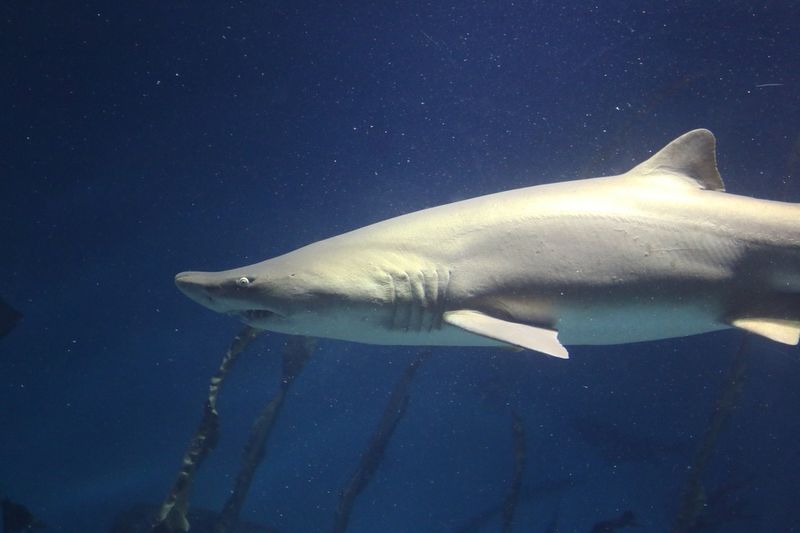
With skin as smooth as a luxury car’s finish, sharks glide effortlessly through the water.
This skin, covered in tiny tooth-like structures called dermal denticles, reduces drag and prevents parasite attachment. Imagine nature’s own armor suit.
These denticles are not just for show; they make sharks incredibly efficient swimmers, allowing them to patrol vast ocean territories with ease.
2. Top Ocean Predators

As apex predators, sharks sit at the top of the marine food chain. This role is crucial for maintaining the balance of species below them.
By controlling prey populations, sharks help prevent the overgrazing of seagrass and coral reefs. They act as nature’s regulators, ensuring that no single species dominates the ocean’s complex ecosystem.
3. Shark’s Role In Carbon Cycle
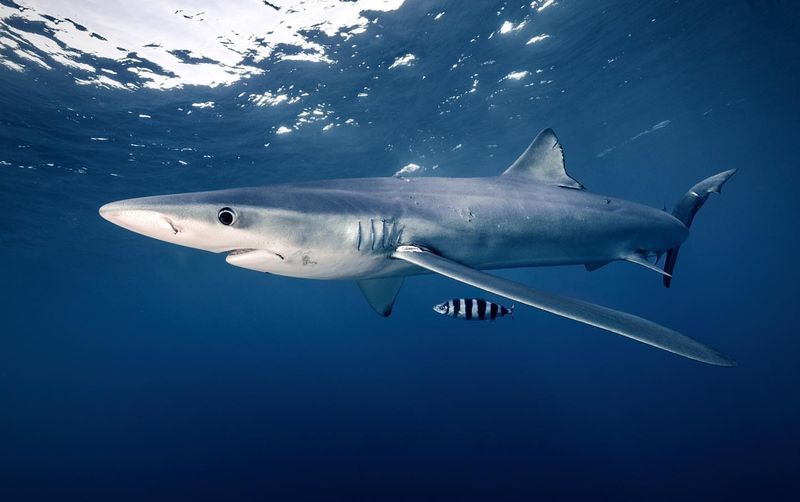
Sharks play a surprising role in the carbon cycle. By preying on herbivorous fish, they indirectly protect seagrass meadows which are significant carbon sinks.
These meadows absorb carbon dioxide, helping to combat climate change. So, when a shark takes a bite, it’s more than just lunch – it’s contributing to a healthier planet.
4. Shark Nursery Grounds
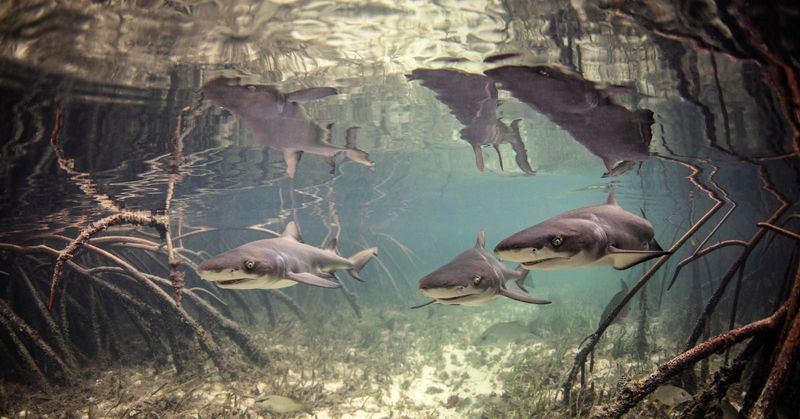
Baby sharks, often referred to as pups, find refuge in nursery grounds – shallow waters where they can grow safely.
These areas are free from many predators and provide abundant food. It’s like nature’s daycare center!
Here, juvenile sharks develop the skills needed to survive in the vast, open ocean, which they will soon call home.
5. Sharks And Coral Reefs
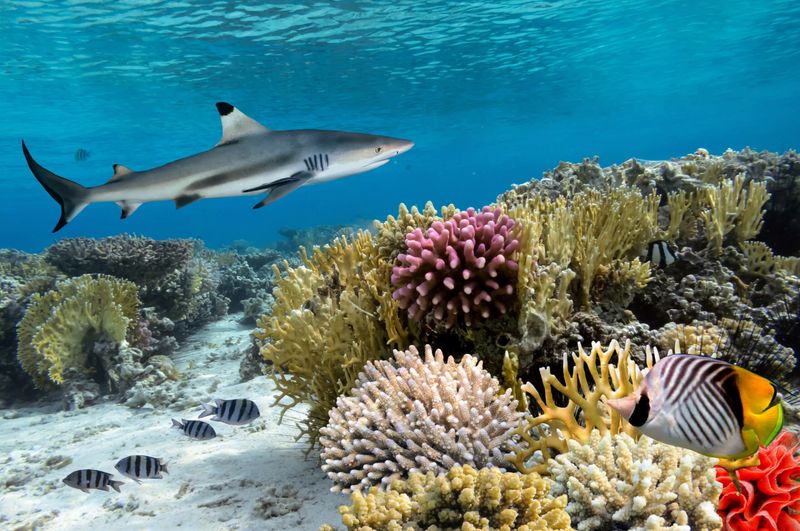
Coral reefs and sharks share a special bond. Sharks help keep fish populations in check, preventing overfishing of coral-eating species.
This protection allows coral reefs to thrive. A healthy reef supports a diverse marine community, and without sharks, this delicate balance could be disrupted, leading to the decline of this important ecosystem.
6. Shark Scavengers
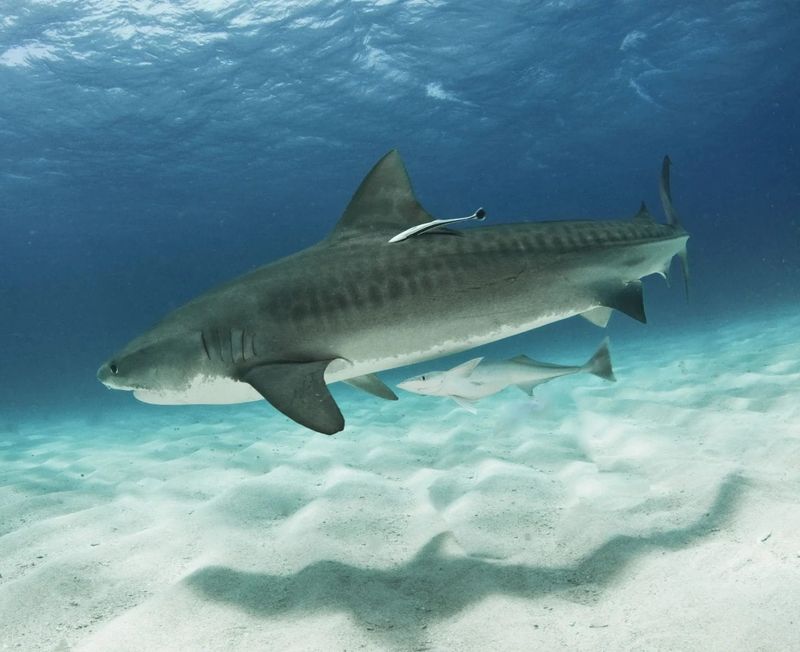
Sharks are the ocean’s cleanup crew, scavenging on dead animals and debris. This behavior helps maintain ocean health by preventing disease spread and recycling nutrients.
It’s a recycling program like no other, turning what could be waste into something beneficial. Their keen sense of smell makes them excellent at finding and feasting on these underwater leftovers.
7. Sharks In Traditional Medicine
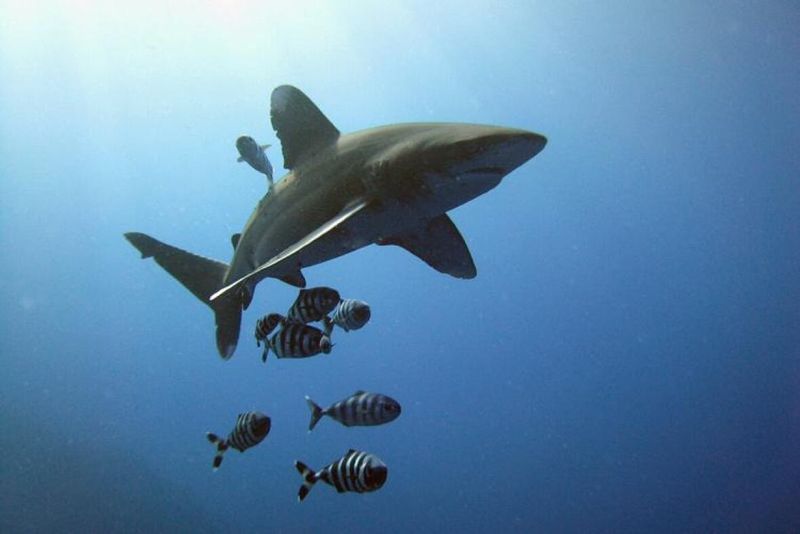
In some cultures, sharks are believed to have medicinal properties, with shark fins often used in traditional remedies. While modern science questions these health benefits, the cultural significance endures.
This demand for shark products has unfortunately led to overfishing. It’s a complex issue where tradition, conservation, and science intersect.
8. Shark’s Sensory Superpowers
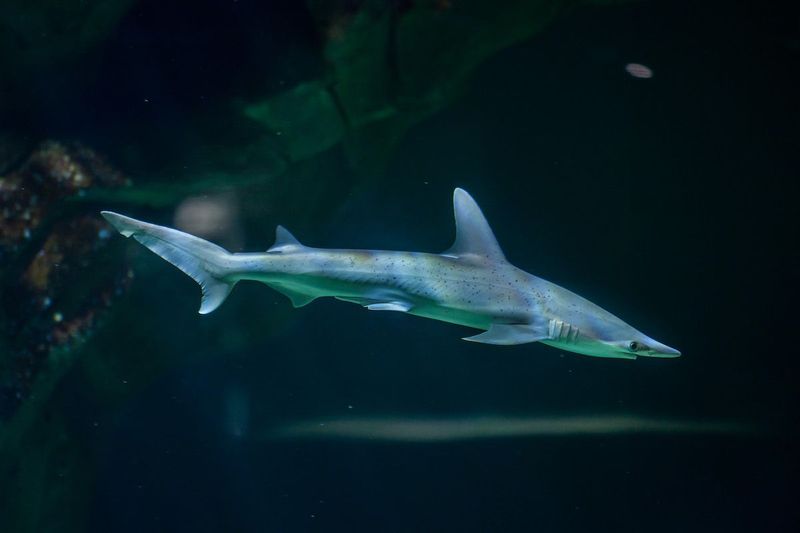
Move over superheroes, sharks have real-life sensory superpowers! They possess the ability to detect electric fields through organs known as ampullae of Lorenzini.
This allows them to locate prey buried in the sand or hidden in murky waters. It’s like having an in-built GPS system, guiding them to their next meal with precision and efficiency.
9. Sharks And Seafloor Ecosystems
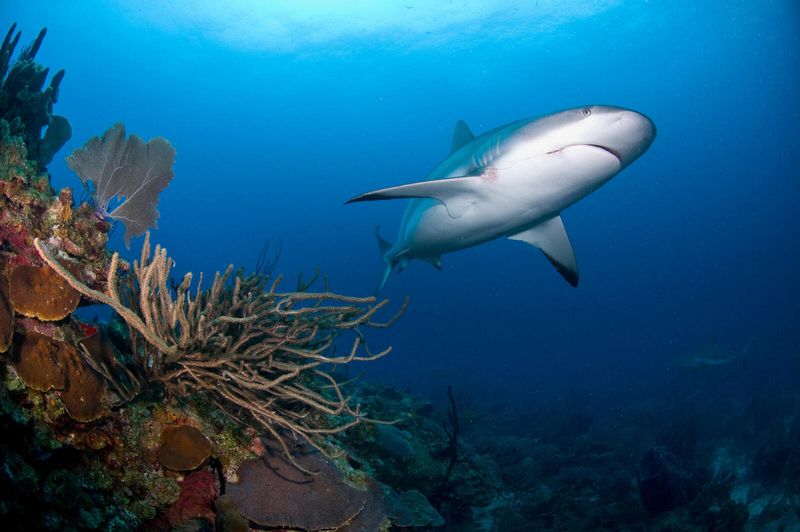
Sharks play a vital role in maintaining healthy seafloor ecosystems. By preying on certain species, they prevent any one type from overwhelming the habitat.
This balance supports a rich diversity of bottom dwellers, including crabs and mollusks. It’s like a garden that’s always blooming, thanks to the careful pruning done by these remarkable creatures.
10. Shark Migration Patterns
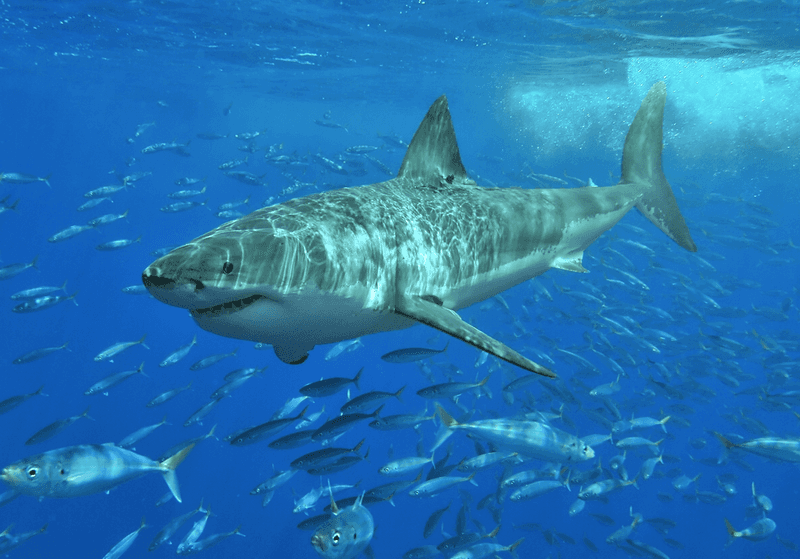
Sharks are the ocean’s nomads, embarking on incredible migrations across vast distances. These journeys serve more than wanderlust – they’re essential for breeding and feeding.
By traveling, sharks connect different marine environments, promoting genetic diversity. It’s a cross-country road trip of epic proportions, ensuring that their populations remain robust and resilient.
11. Sharks’ Impact On Fish Populations
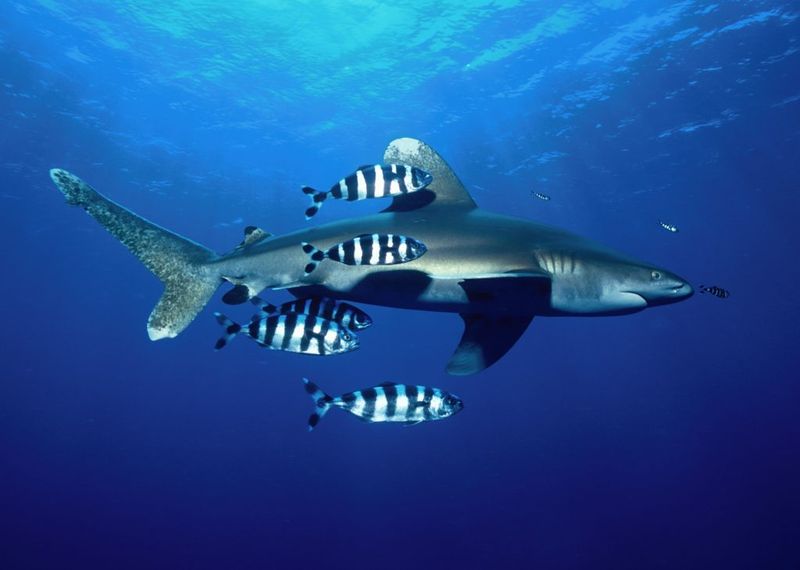
Through their hunting activities, sharks shape fish populations. They target weak or sick individuals, promoting healthier fish stocks.
This natural selection process boosts the overall fitness of prey species. It’s survival of the fittest at its finest, ensuring that the ocean’s inhabitants remain vibrant and adaptable in changing environments.
12. Sharks And Biodiversity
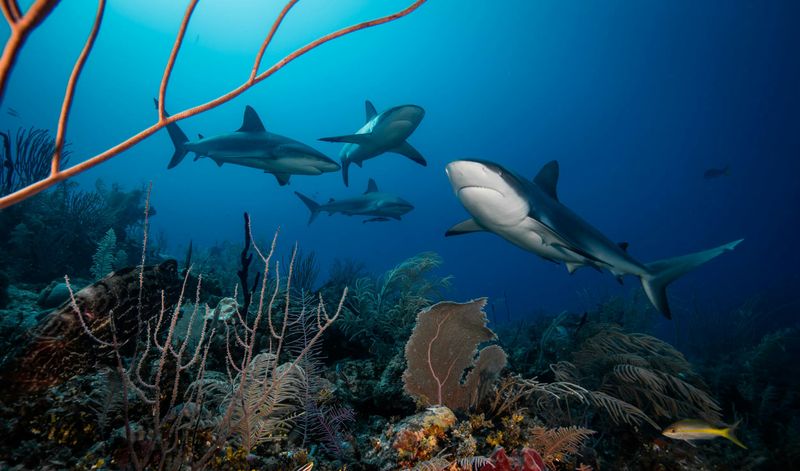
The presence of sharks in an area is a sign of a healthy, biodiverse ecosystem. Their role as apex predators helps maintain species diversity, which is crucial for resilience against environmental changes.
It’s the ocean’s way of keeping things in check, ensuring that life beneath the waves continues to flourish in harmonious variety.
13. Sharks’ Influence On Evolution
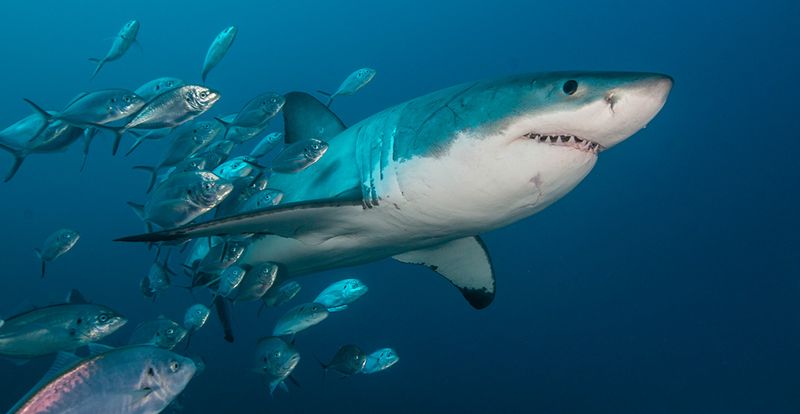
Sharks have been shaping marine evolution for millions of years. Their predatory pressure drives species to adapt, leading to unique evolutionary traits.
From camouflage to speed, many marine animals owe their survival skills to the evolutionary dance choreographed by these ancient predators.
14. Sharks And Marine Tourism
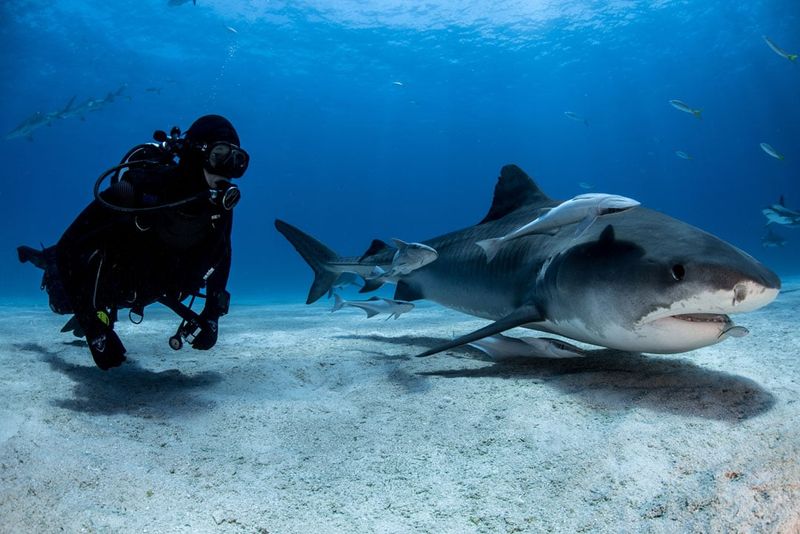
Sharks are not just ocean dwellers; they’re also stars of marine tourism. Destinations offering shark diving experiences attract adventure seekers from around the globe.
This form of eco-tourism raises awareness about shark conservation and contributes to local economies. It’s a thrilling encounter that also fosters appreciation for these misunderstood creatures.
15. Sharks As Climate Change Indicators
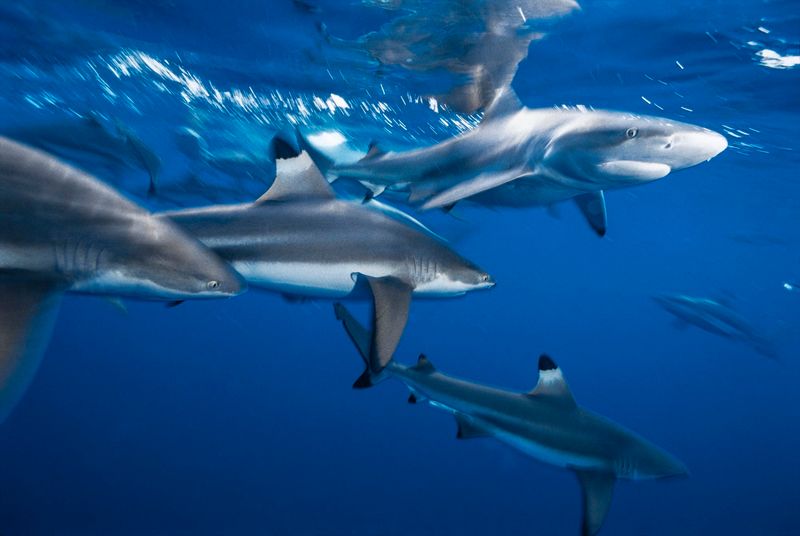
Sensitive to environmental changes, sharks act as indicators for climate change’s impact on marine ecosystems. Their movements and health reflect shifts in ocean temperatures and conditions.
Researchers monitor these patterns to understand broader ecological changes. In this way, sharks serve as sentinels, alerting us to the pressing environmental challenges we face.

